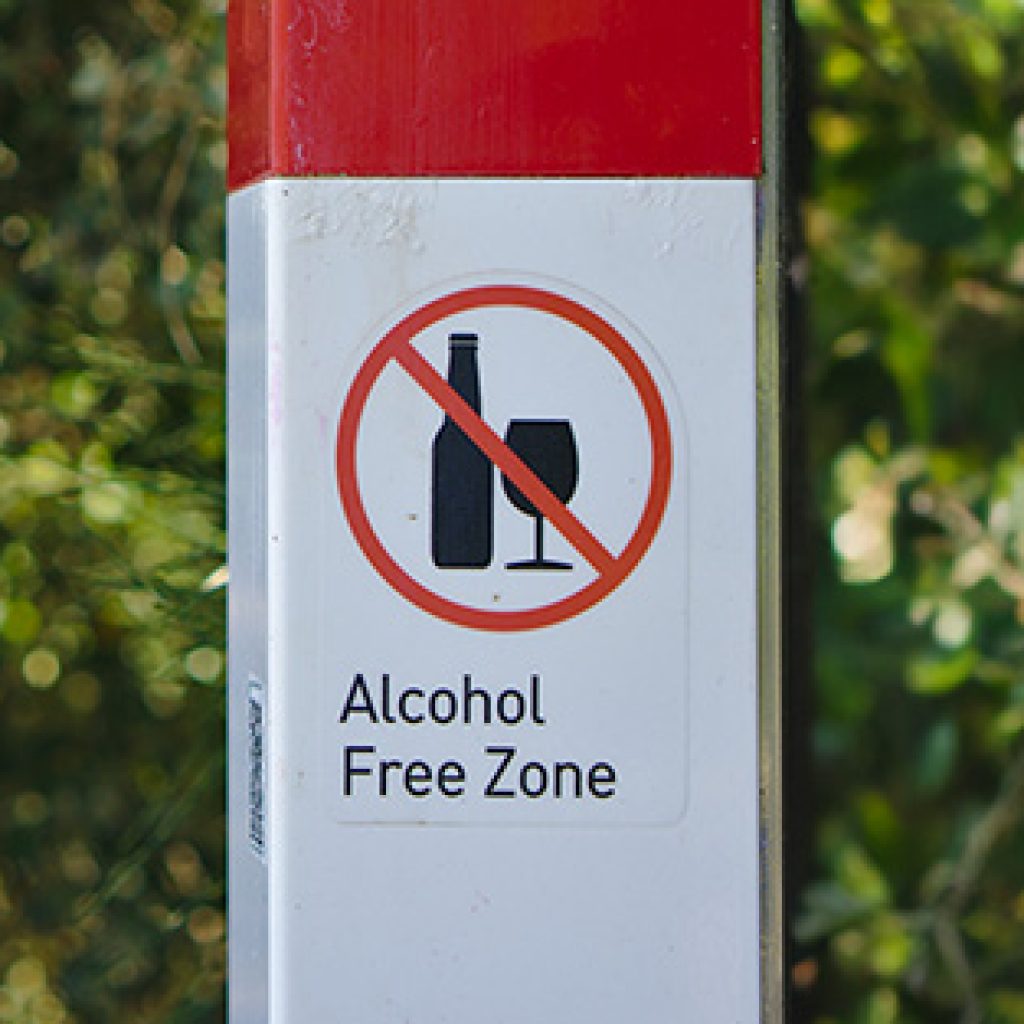In Recovery in Food & Beverage Service During the Holiday Season
In Recovery in the Food & Beverage Service Industry During the Holiday Season
“Be kind, for everyone you meet is fighting a hard battle.”
― Ian Maclaren
“Do your little bit of good where you are; it’s those little bits of good put together that overwhelm the world.”
― Desmond Tutu
As we head into the final days of the holiday season and the year, please accept our wishes for the best holiday and New Year!
People naturally think of endings and beginnings during the holidays, reviewing the year nearly past and making resolutions for the year ahead. Some readers may work in behavioral health, some may be in recovery, and some may have friends or family who are in recovery. For those looking for ways that you can improve the odds of success for yourself or for those with substance use disorders or mental health disorders, we offer this post about recovery for those working in the food and beverage (F & B) service industry. Whether you are looking for ways to support a friend or loved one in recovery or how to better support a client in recovery, we offer some suggestions and links to previous related posts.
What makes life even more challenging for those in recovery? Sometimes it might be their jobs. For instance, during the holidays people may meet with friends more frequently and may eat out and enjoy drinks. Think about the people who work in the service industry, particularly those in F & B. F & B workers rank 3rd in the nation for past month heavy alcohol use and 1st in the nation for past month illicit drug use. The industry with full time employees with the highest identified past year substance use disorder is Accommodations and Food services (Bush & Lipari, 2015). Other countries, such as Sweden and Norway, report the same data in service-related industries (Norstrom, et a., 2012; Larson, 1994; ). Some possible reasons given for this are negative work behaviors such as absenteeism and frequent job changes, demographic composition of the industry, shift work, beliefs and attitudes about substance use, or treatment of workers by the industry. For the F & B industry other variables might account for the issue, including employment of more workers under the age of 30, low wages, boring or repetitive work, ease of obtaining alcohol and other substances, higher rates of working overtime, and higher rates of stress than other industries. Whatever the reasons, the result of high rates of substance use disorders may be decreased productivity, higher rates of health issues, more accidents or injuries, absenteeism, high turnover, and higher related crime rates. Additional research is needed to better understand the dynamics of this complex issue.
What is it like to enter or maintain recovery while employed in the F & B service industry? Recently one worker in the industry related his experience in entering and maintaining recovery while continuing to work in the F & B industry:
“I’m a bartender by trade. I’ve been in food and beverage for 24 years. I work swing shift 5pm to close. I work no later than 1am. I’ve been in recovery for 16 years with one relapse. I currently have over 4 years with no alcohol. I got multiple DUI’s (2), and was sent to AA by the courts. I’ve been in F&B prior to getting sober. It’s always been a part of my life.”
What helps F & B workers to enter and maintain recovery? Sometimes it is the encouragement and support of a colleague or co-worker that helps people to overcome their fears:
“I was scared initially to continue to bartend but I met a sober bartender in AA and I kept at it.”
For those seeking to enter or maintain recovery while working in F & B, the message is to find support, wherever that may be. For some, finding a group of like-minded people is important. 12-step groups specific to those working in F & B are available in many cities. For others, sites such as Ben’s Friends may help. Ben’s Friends provides a safe and judgment-free haven for F & B workers with face-to-face groups available in select cities. Looking for support from supervisors and co-workers is a hit and miss proposition for the most part:
“My beverage manager… has been extremely supportive. Other supervisors however, have not been supportive. Most co-workers are, but others have made fun of me. My supervisors and co-workers that have not supported me have definitely questioned why I don’t drink and often have tried to get me to drink with them. They’ll shame or make fun of by making remarks about not being able to drink normally or think I’m being mellow-dramatic, etc. Co-workers often come up to me and ask me about alcoholism and addiction and want to know why I quit and or if I’d like to take them to a meeting.”
Co-workers do often discuss issues of substance use and mental health, but discussions with management are rare:
“My co-workers and I do [discuss substance use and mental health] but not supervision. It seems like management is afraid to discuss it with their workers for fear of liability. I attend meetings outside of work on my own time. My work schedule definitely is trying and difficult to navigate around my recovery because I work nights.”
The challenges for those in recovery working in F & B are many and difficult. For workers in F & B, the customers are often unknown and sometimes are cause for worry about personal threat, adding an additional layer of stress to an already stressful job:
“The biggest challenge in my job is having to deal with entitled people and drunk people. I’ve had ‘high rollers’ who were intoxicated who when being cut off, have tried to have me terminated. Again, the biggest challenge is dealing with drunk people and cutting them off. I actually served Stephen Paddock, (the Mandalay Bay Las Vegas shooter). We live in scary times and there is an underlying fear of active shooters in the casino work place. Also, guests offer to buy you a drink all of the time but luckily we have cameras watching us and aren’t allowed to drink anyways. I handle these situations much better now that I’m older by calling supervision and letting them deal with the guest.”
F & B workers often must find their own methods and means to support themselves in recovery. Finding what works for each individual is very important and can make the difference between success and relapse:
“I go to 2 meetings a week. I go to therapy… every Monday. I meditate a lot as well as exercise. I also get a monthly massage.”
What should people do who want to support F & B workers in recovery or seeking recovery? Being recognized as a fellow human being and treated with kindness is paramount:
“I think it’s important for the public to not treat us as if our career path was “not a real job”. I think it’s important for them to know that we are human beings that have feelings, substance and mental health issues and that we too, are human. It’s important to all of us to be responsible to maintain and improve our recovery and mental health. Self-care is even more important when you take care of the public.”
In short, as each of us navigates the rest of this holiday season, remember that a little empathy for the hidden lives of others can never hurt. We often have no idea what someone else’s reality is like and we have such great power to make that reality a little bit easier for the people we encounter, especially during this season and especially those in the food and beverage industry. Happy holidays!
References
D.M. Bush and R.N. Lipari. The CBHSQ Report: Substance Use and Substance Use Disorder, by Industry. (April 16, 2015). Substance Abuse and Mental Health Services Administration, Center for Behavioral Health Statistics and Quality. Rockville, MD.
Related CASAT OnDemand blog posts with more ideas for supporting recovery:
How can you support a loved one in recovery?
How can you support a client in recovery?
How can you best avoid alcohol during holiday celebrations?
Why should you consider celebrating a holiday or other observance in sobriety?
Check out our Resources & Downloads for additional materials.
Join the Conversation! Our stories have the power to inspire others. Do you have a story about how someone supported your recovery or how you support someone else’s recovery? Please share it with others in our “Comments” section.
Blog Post Tags:
Related Blog Posts
Related Learning Labs
Related Resources
.
- Buscar Tratamiento de Calidad para Trastornos de uso de Sustancia (Finding Quality Treatment for Substance Use Disorders Spanish Version)
- Finding Quality Treatment for Substance Use Disorders
- Focus On Prevention: Strategies and Programs to Prevent Substance Use
- Monthly Variation in Substance Use Initiation Among Full-Time College Students
- The National Survey on Drug Use and Health (NSDUH) Report: Monthly Variation in Substance Use Initiation Among Adolescents








